Season 2, Episode 5: Telling Our Own Stories: DocuCourse and the Power of Community Narrative
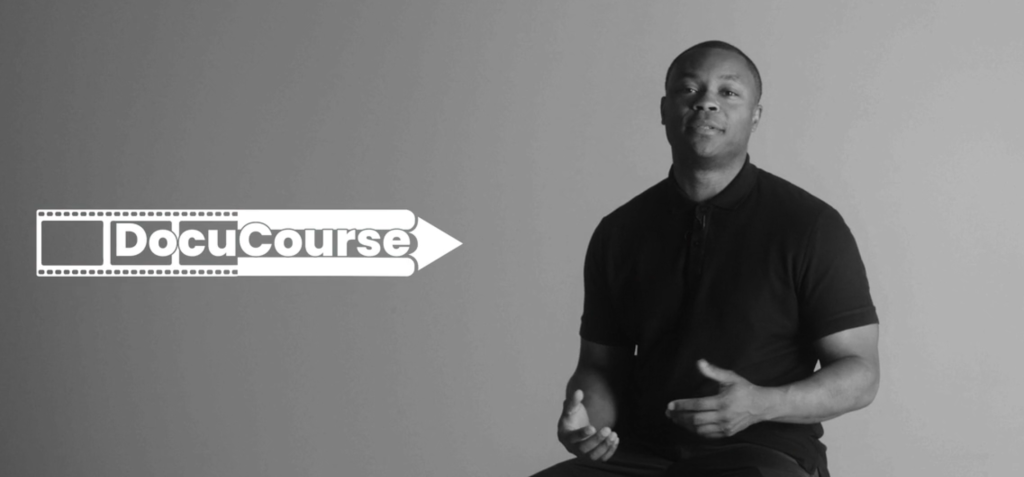
Featured Image Description: Avrell Stokes, president of BeGreat Together, shares insights from DocuCourse, an innovative educational initiative designed to empower communities through storytelling and digital media. (Photograph by BeGreat Together) Oftentimes, what’s positive isn’t what’s promoted. And that’s been one of my biggest frustrations. They want the drama. They don’t want the uplifting story that […]
Season 2, Episode 4: Hutchinson’s Fight for Justice: How Community Advocacy Revived a Civil Rights Office
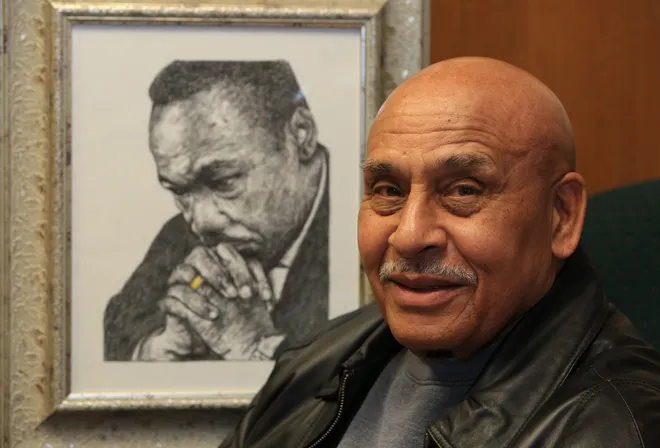
Featured Image Description: Darrell Pope, former leader of the Hutchinson chapter of the NAACP, has partnered with Hutch in Harmony on civil rights initiatives aimed at promoting community equity and justice. (Photograph by Sandra J. Milburn/Hutchinson News) How many of my friends and kids with similar stories to mine fall through the cracks? I mean, […]
Season 2, Episode 3: Mutual Aid, Resilience, and the Fight for Justice in Buffalo

Featured Image Description: A memorial honoring victims of the TOPS supermarket shooting in Buffalo, New York, serves as a poignant reminder of community resilience and collective mourning. (Photograph by Kent Nishimura/Los Angeles Times via Getty Images) Now we need to make sure we have sustainable aid, ongoing. So we had to not only be boots […]
Season 2, Episode 2: TikTok, Transit, and Transformation: How Elevated Chicago is Fighting for Transit Equity

Featured Image Description: Jannice Newson, a former coordinator with Elevated Chicago, highlights neighborhood walkability and public transit access in her TikTok series “Can You Walk There?” Elevated Chicago advocates for equitable community development around transit hubs. (Digital still from Elevated Chicago video) I started the page because I was walking to the train station, and […]
Season 2, Episode 1: Holding the Land: Indigenous Resistance and Climate Justice in the Bayou
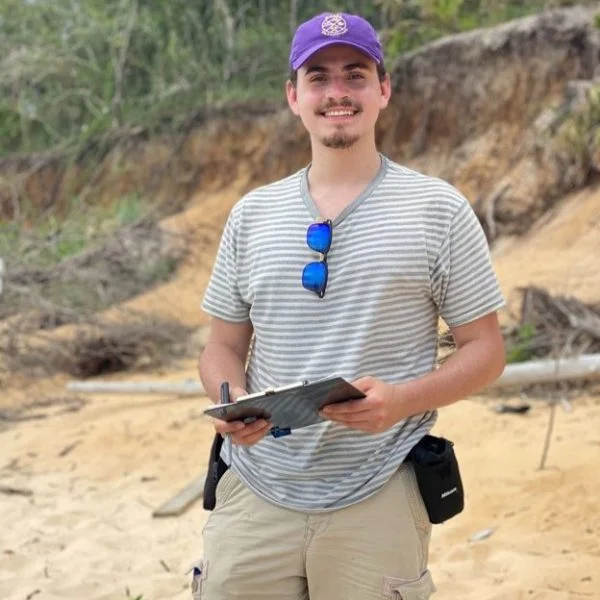
Featured Image Description: Chief Devon Parfait of the Grand Caillou/Dulac Band of Biloxi-Chitimacha-Choctaw works to prevent displacement and build grassroots community power in the face of environmental challenges. (Photograph by Devon Parfait) My whole story is a story of diaspora and displacement. We lost everything but what we had on our backs. That’s why tribal […]
Unveiling Our Theory of Change: Convergence Partnership’s Vision for Racial Justice & Health Equity
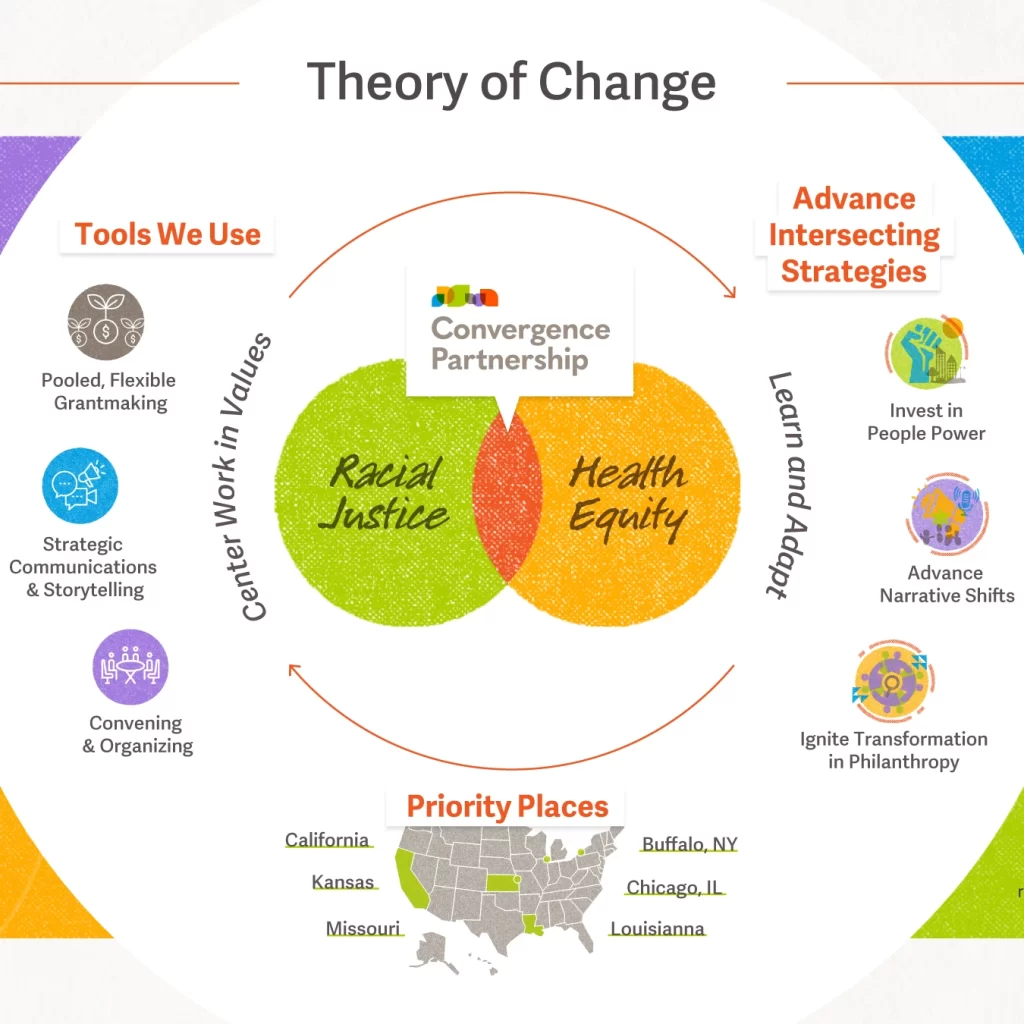
We’re excited to share Convergence Partnership’s Theory of Change—a roadmap guiding our journey towards health equity and racial justice. Rooted in our 2020 strategy shift, this vision places our work at the nexus point of racial justice and health equity and has shaped our collective efforts over the past three years. This Theory of Change underscores our collective aspirations and serves as a reminder of the transformative power we wield together.
A Note of Gratitude, Holding Hope for What’s Ahead
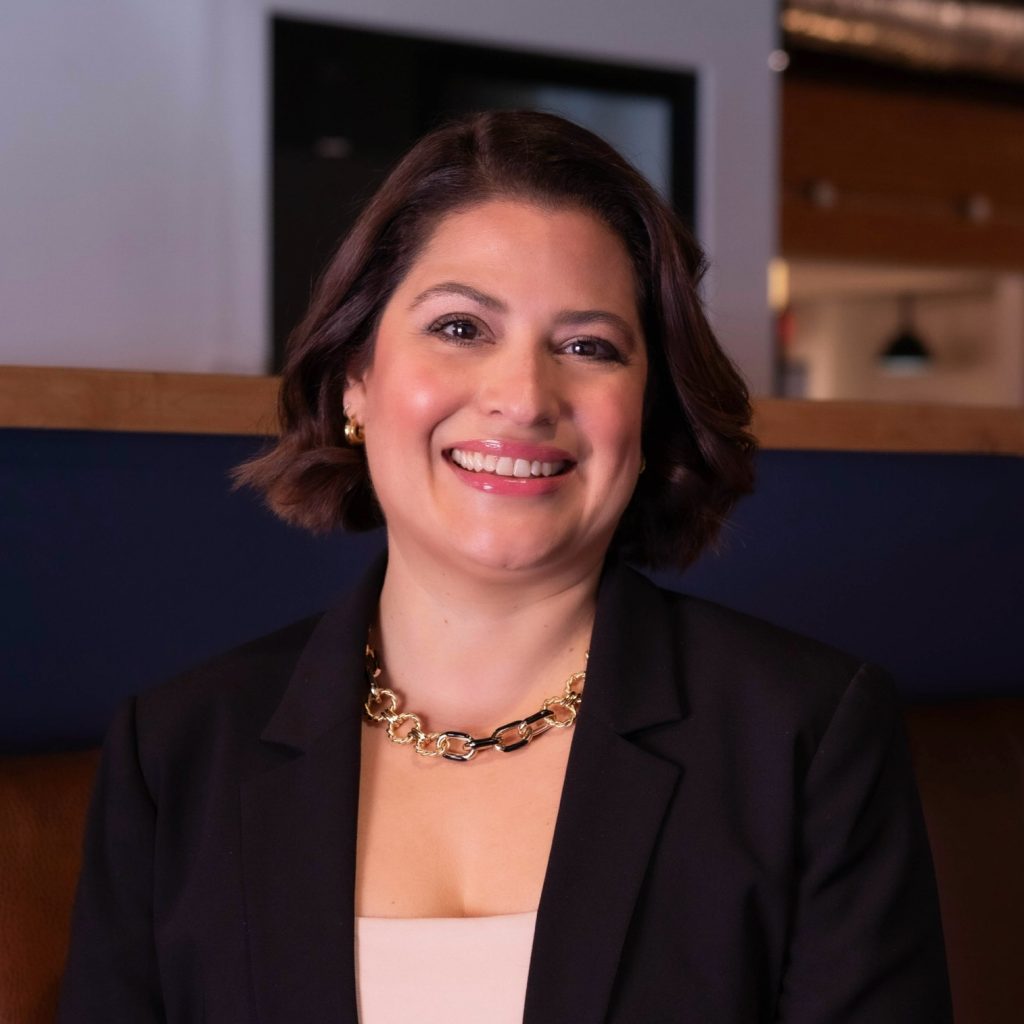
We are coming to the end of another year, one that was filled with heartache, loss, frustration, exhaustion, and pain. And at the same time, there is hope witnessing and experiencing the deep solidarity and collective strength of communities coming together. Read more from Executive Director Amanda Navarro, on Convergence’s year and commitments to a future where the resources and influence of philanthropy are fully aligned to the priorities of people at the frontlines of injustice.
Powerful Ripples of Change: Growing Civic Power for Systemic Change That Lasts Generations
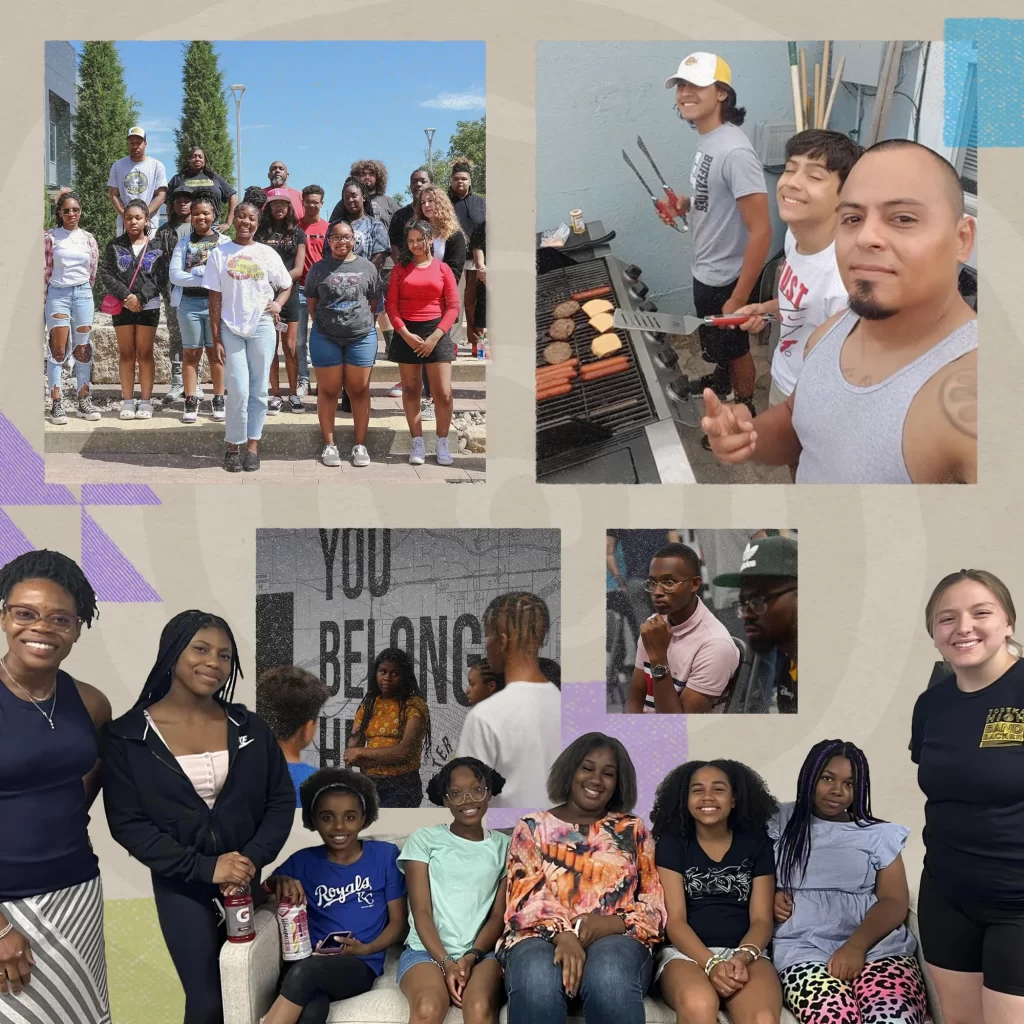
Breaking down barriers to political and civic engagement is an integral part of building long-term community power. Our grantees, Destination Innovation, The Community / La Comunidad, and Omni Circle Group, are showing up for their communities by investing in young people’s leadership, making government services more accessible, and demystifying the political process. Part three in “Powerful Ripples of Change,” blog series.
Growing Power and Resilience: Intersectional Organizing for Long-Term Wellbeing
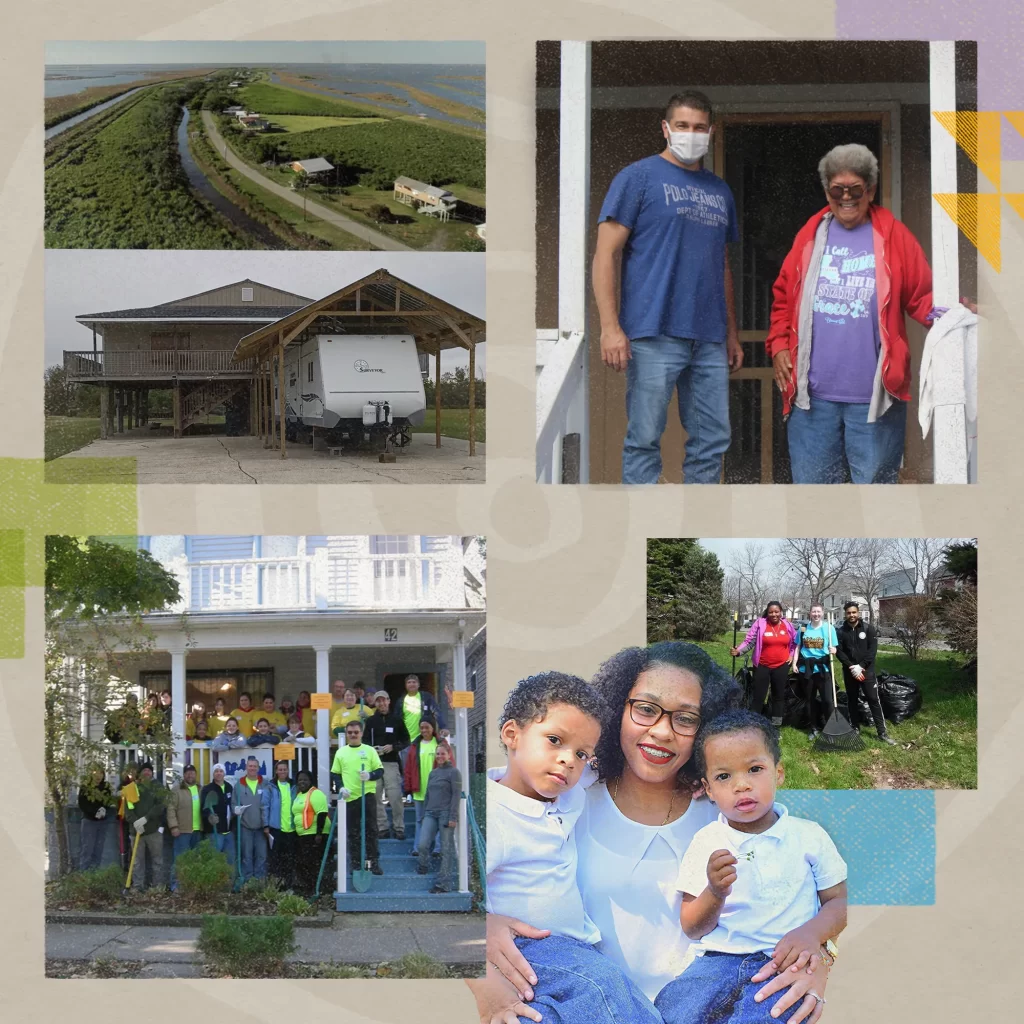
In this second post in our Powerful Ripples of Change series, we are spotlighting the intersectional work of climate justice and resilience efforts and health equity. As the ongoing climate crisis worsens, Black and Brown communities are often forced to bear the burdens of extreme weather and natural disasters. Our grantees, Grand Caillou/Dulac Band of Biloxi-Chitimacha-Choctaw (GCDBBCC), United Houma Nation (LA), and Heart of the City Neighborhoods are not just stepping up to help their communities recover and heal from these crises, but building organizational infrastructure that can support their communities in the long-term.
Narrative Power Unleashed: Communities Shifting and Claiming the Narrative
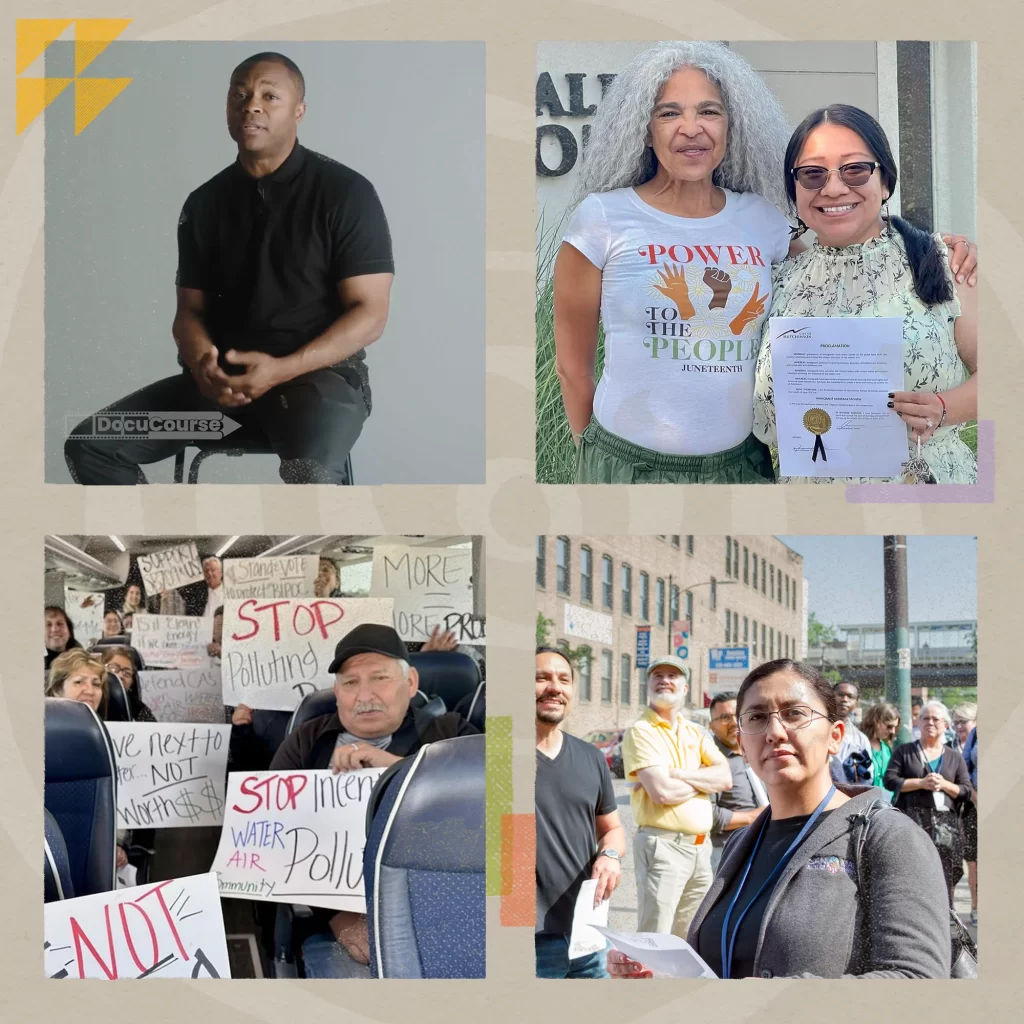
Three years ago, Convergence Partnership shifted our funding strategies to focus on the intersections of racial justice and health equity. We are now celebrating nearly $3 million in grants to 12 frontline, people of color led and staffed organizations that are growing civic, economic, and narrative power. We are marking this milestone in a series of blog posts, “Powerful Ripples of Change,” that spotlights these organizations, their accomplishments, and the powerful work they have underway.